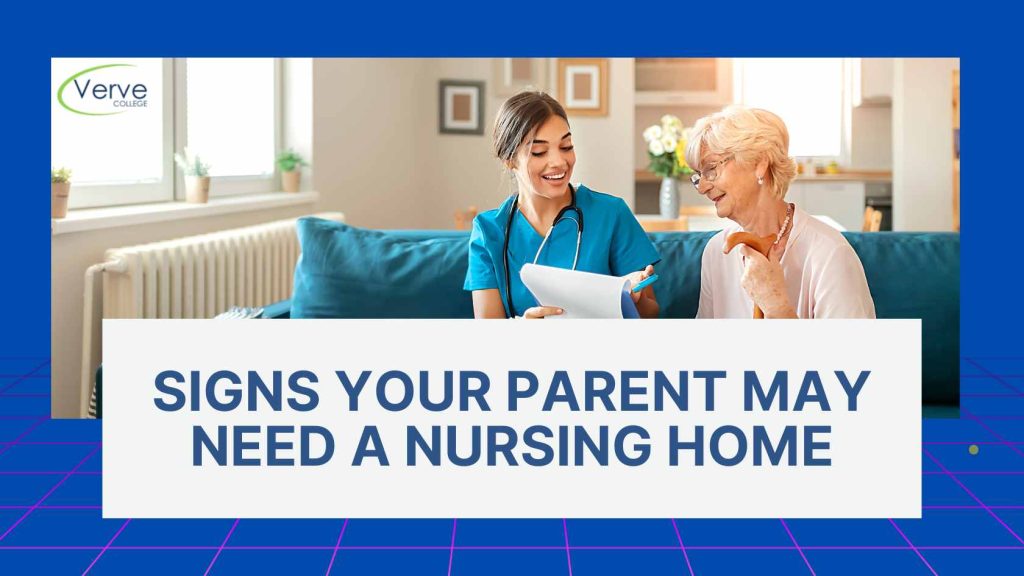- Oak Brook:(630) 705-9999
- Chicago:(312) 920-8822
- Email:inquiry@vervecollege.edu
- Make a Payment
- Home
- Programs
- Admission
- Resources
- ATI Entrance Exam Resources
- New E-Digital Library
- Refer a Friend
- School Newsletter
- Events
- Employers
- Job-Network
- Alpha Beta Kappa Candidates
- Verve College Library
- Graduation and Pinning Ceremony Photo Galleries
- Textbook Information
- Career Services
- Tutoring
- School Catalog
- FAQ
- Constitution Day Program
- Alumni
- Verve College Plans
- Financial Aid
- HEERF Reporting
- Satisfactory Academic Progress
- Apply For Financial Aid
- Net Price Calculator
- Return of Title IV Funds (R2T4)
- Financial Aid Office Code of Conduct
- Contact
- FAQs
- Verification Policy
- Vaccination Policy
- Student Right-to-Know Act
- Misrepresentation
- Information Security Program
- Academic Award Year
- Availability of Employee
- Cost of Attendance
- Health & Safety Exemption Requirement
- Students Rights and Responsibilities
- Leave of Absence
- Pell Formula
- Military Students
- Grants/ Scholarship Policy
- Contact Us
- Testimonials
- Blog
Is a Nursing Career Right For You?
Take The Free Quiz
Signs Your Parent May Need a Nursing Home
Signs Your Parent May Need a Nursing Home
Expert nursing care can make a dramatic difference to the living quality of your parents. Not only can it offer compassionate monitoring of any health concerns or needs, but it can also ensure they’re safe in an appropriate setting.
What Have You Achieved? Now, You Can Play the Adult Child/spouse Role While We Care for Your Parents
What criteria exist to qualify a patient for skilled nursing care based on clinical experience? How can you place your parent in a facility, and when should this transition occur? Considerations that impact the cost and standard of treatment include Illinois College of Nursing tuition, reviews, locations, reputation, staff credentials, and service quality.
Below, we have listed eight indicators of nursing home need for your parent.
Signs Your Parent Needs a Nursing Home: When
Are You Wondering When It Is Time To Place Your Parent in a Nursing Home? Every situation varies and should be assessed on an individual basis; however, here are a few general suggestions on recognizing when it may be appropriate to place your parent into a nursing home:
Are They Unable to Care for Themselves?
Does your parent require assistance in their day-to-day living activities? If your parent requires significant assistance with daily tasks, an assisted living facility may provide essential aid.
Falls Can Be Devastating
Falls can have devastating results and result in fractured hips and other injuries. According to estimates by the Centers for Disease Control, approximately 3 million older adults visit emergency departments annually because of falls; one out of every five falls results in serious injuries such as concussion or fracture.
Your Parent Is Unsafe
There may be other factors that make living alone dangerous for parents, including neglecting to turn off appliances such as the stove or leaving doors open – which could pose an imminent danger. Reputable nursing homes usually feature 24-hour front desk staffing, thus giving you peace of mind knowing your loved one won’t ever be left alone and isolated. Another sign your parent needs assisted living facilities could be their incontinence issues becoming unbearable or an accident occurring on their property.
They Have a Long-term Medical Issue That Needs to Be Closely Tracked
Older adults typically live with chronic health conditions that need constant monitoring, as well as more severe mental health concerns such as diabetes and wound treatment, which often necessitate intensive wound treatment programs. Some of the most prevalent illnesses affecting older adults include:
Diabetes, Arthritis, and Heart Disease – Common Disorders that Require Treatment and Lung Disease- are just some medical conditions requiring attention regarding respiratory system health issues.
Related:- How to solve Nurse Scheduling Problem in Healthcare?
A&P class at nursing schools for hands-on experience can be beneficial for grasping the complexity of various health disorders. Learning the impact of these conditions, particularly on respiratory system health, can be critical.
If Your Parent is Living With Any of These Ailments, You May Be Able to Assist Skilled Nursing
As older adults tend to suffer from severe multiple health conditions and take multiple prescriptions at once, it can be easy for them to forget to take their meds at the appropriate times or dosage levels.
Do They Neglect Daily Chores?
Maintaining household maintenance tasks is often overwhelming and overwhelming for busy homeowners. Falling behind in laundry or leaving dishes in the sink is easy. Professional assistance may be required when this situation becomes severe enough to threaten one’s health.
Conclusion
Determining when is the appropriate time to transition a loved one into nursing home care can still be challenging; if signs your parent needs a nursing home, such as decreased ability, decreased health, or confusion, have started appearing, developing a plan and selecting an assisted living facility as the next step would be prudent.
Studying for nursing degrees in Illinois to become a practical nurse could be a significant first step if you’re considering a future in healthcare for nursing courses that help people in similar circumstances.
 Sign up
Sign up Login
Login




